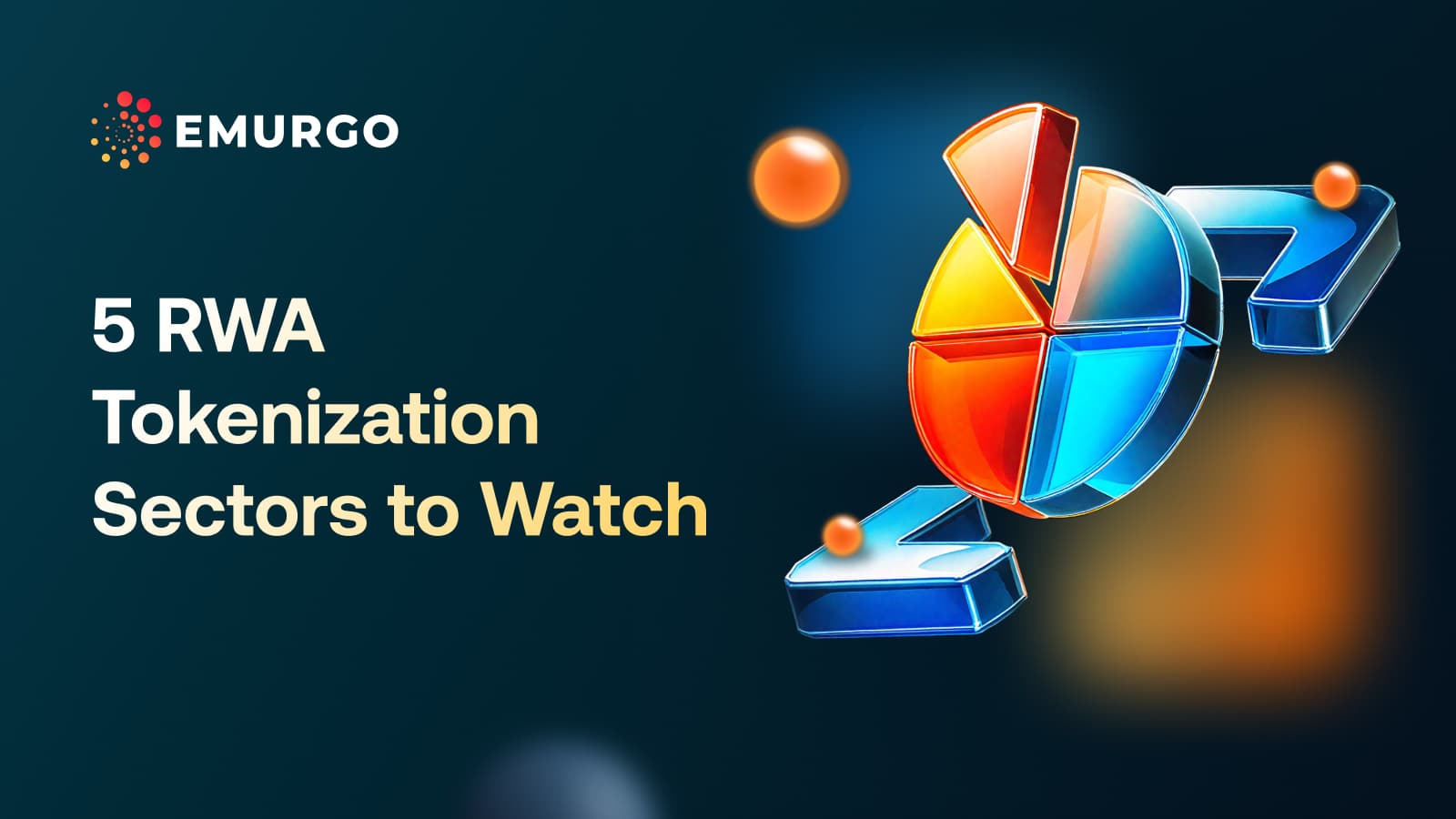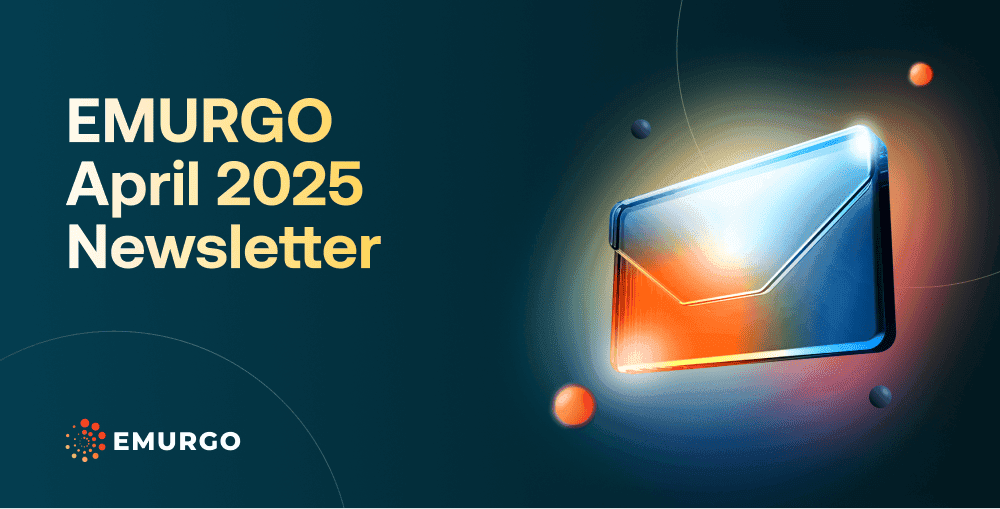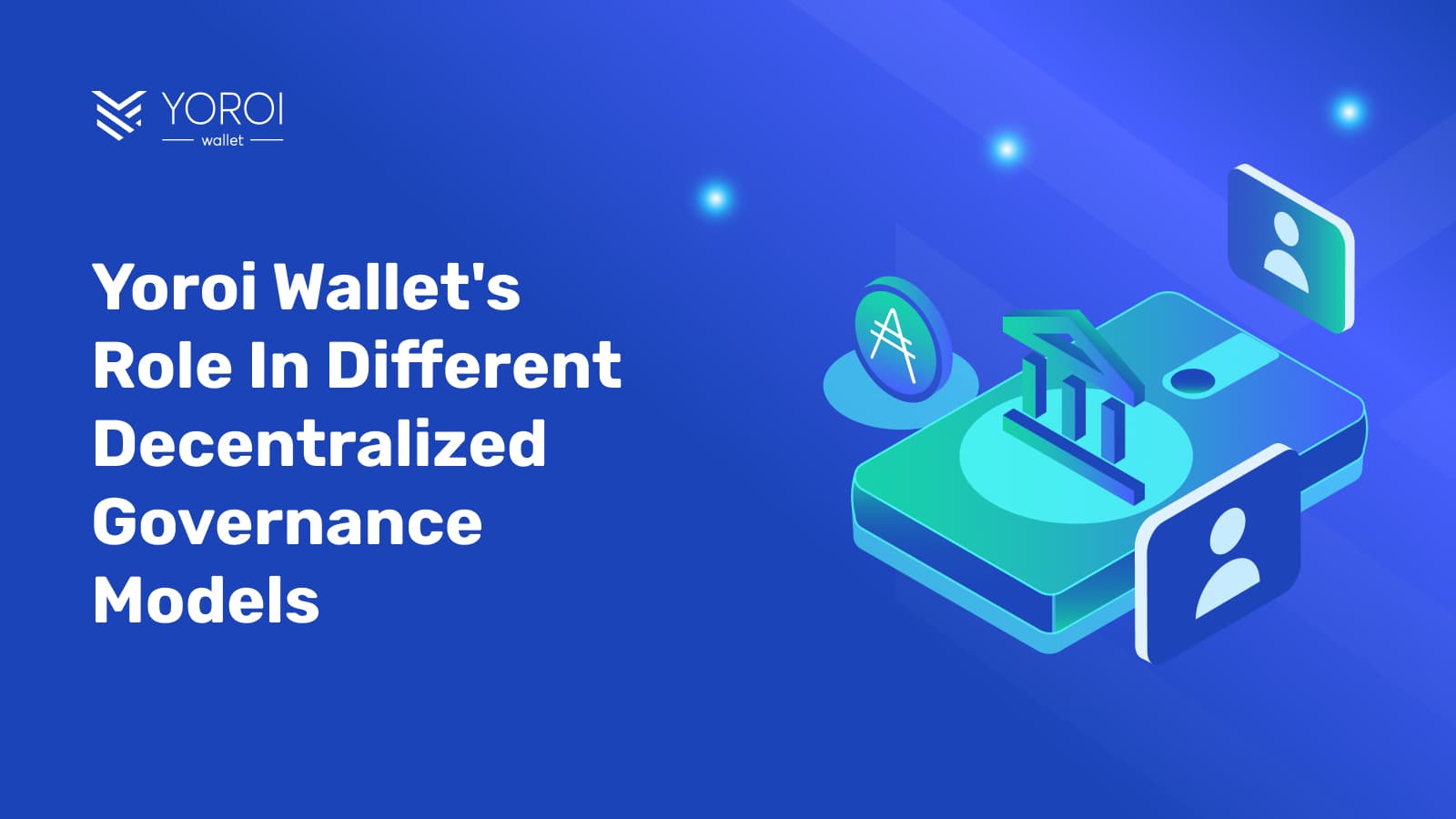The Cardano blockchain network is rapidly developing and expanding each year with more developer tools being made available. Numerous dApp projects have launched on Cardano providing DeFi and NFT services and more on the way. This means more and more blockchain developers are jumping into the Cardano ecosystem.
Of course, this inflow of new developers needs to be matched by new development tools. These tools have to make the experience friendlier, faster, and agile so that the network can expand with new services.
Cardano has met this challenge and there are many developer tools ready for use. Virtually all of them were developed primarily for Cardano, so they simplify many tasks for developers creating dApps.
Here are 5 useful tools in no particular order for Cardano developers to access and utilize for their dApps.

1) Atlas
The first platform we’ll discuss is Atlas. It’s a tool for deploying off-chain code using Haskell. It helps with building transactions, balancing UTxOs, and interfacing with Plutus smart contracts. It was initially created as a private tool for a popular dApp on Cardano, Genius Yield, but the team decided to open it for all Cardano developers.
Additionally, they improved it with the help of other Cardano developers such as MLabs, Well-Typed, and Plank. All this makes Atlas one of the most complete solutions for the off-chain code required by Cardano dApps.
Another advantage provided by Atlas is that it allows developers to test the logic of the code. The platform can run unit tests that provide ways to asses:
- A UTxO minimum ADA requirement.
- Transaction fees costs.
- Transaction signatures by the parties.
Finally, Atlas has a more complex set of integration tests. Unit tests work on a local environment where transaction conditions are simulated but don’t model the behavior of a dApp in a live network.
Atlas provides a repository that can be used to spin a private network modeled after Cardano. There the transactions and interactions by the code are more real as they simulate a network that is producing blocks and has other transactions running in it.
This gives developers more opportunities to test a dApp before using one of the Cardano test networks. That way most major bugs can be caught before anything is launched on a public forum.
2) Maestro
Maestro is a blockchain data provider for Cardano dApps. It’s able to gather information about the current state of the blockchain and input that into a dApp live on Cardano. The platform also provides information for consumers.
The dashboard created by Maestro provides an overview of each Initial Stake Pool Offering (ISPO) running on Cardano. This data helps the community make a choice about which projects are best to delegate their ADA.
For Cardano developers, Maestro facilitates the launch of an ISPO with minimal time and effort. The ISPO has become a common tool for projects to bootstrap their expenses, gain users, and improve their reputations.
Now, when it comes to developing dApps, Maestro offers three unique features:
- A Blockchain Indexer that gathers real-time and historic blockchain data of Cardano.
- A Transaction Manager that submits, tracks, and notifies developers of a transaction’s full life cycle in real-time.
- A transaction propagator that forwards transactions all across the network.
All of these tools allow us to reduce the development time of a Cardano dApp. It also makes the job of developers easier by giving them quick access to the state of the Cardano network at any given time.
Read more: EMURGO Ventures invests in Maestro
3) Demeter
Demeter is a developer tool to set up a Cardano developer environment quickly and run on the cloud. It provides the extensions necessary to interact with the ledger without any further configuration, plus a list of starter code examples for education purposes.
The entire environment runs on the cloud which allows developer teams that work remotely to quickly share code. It gives fast access to the Cardano Node running on the same cloud cluster. For both the main network and the test networks, projects can query on-chain data and also submit data to the ledger.
The project is the perfect solution for development teams that require to set up environments quickly. It’s also the perfect educational tool for students not knowledgeable enough to set up an environment or lack the computational resources to launch one locally.
4) Orcfax
Orcfax, is an oracle tool designed for the Cardano network. Data that is outside the ledger is very difficult to introduce into a live network in a way that is reliable and difficult to game.
The Orcfax platform has several features that help with this problem, such as:
- Triangulated Data: The data provided to Orcfax and after to the dApps is collected from multiple primary sources.
- Fully Auditable: The sources of information and the way the information was gathered are all collected in a human-readable form that makes it auditable.
- Stake-Based Validation: Orcfax uses a stake-based reward system where information providers have to lock the Orcfax token to feed information to the network.
- Archived Forever: All the information provided plus the data trails are kept archived by Orcfax.
- Cardano-Native eUTXO Design: The entire Orcfax oracle network was designed from the ground up to operate on Cardano.
All these attributes make Orcfax one of the best information providers for Cardano dApps. It is a project that aims to change how data from the outside world enters the blockchain with an exclusive Cardano approach.
This is our list of some of the developer tools available to the Cardano ecosystem. It’s by no means an exhaustive look, as there are several right now live on the network. Each has its strengths and can be a game changer for developers looking to build on Cardano.
As the ecosystem evolves, we’ll keep a close watch and try to showcase more of these great tools. The community has truly shown its power by creating a whole host of developer tools that put Cardano ahead of the industry when it comes to the developer tool ecosystem.
5) Agora
Agora is a governance module for Cardano dApps. Many projects want to use the DAO model to make decisions and manage resources. DAOs are also great ways to grow a community and attract users to a project’s token. All these reasons make governance an attractive proposition for developers.
Yet, developing voting systems, proposal management, token balance tracking, and many other things needed for a functioning DAO can be time-consuming and outside the expertise of many developers.
This is where Agora comes in, it’s a complete set of smart contracts and add-ons that can provide governance solutions to any project. This means Cardano developers don’t have to invent all the tools from scratch, they just need to deploy the tools built by Agora.

Are you new to Cardano and want to learn more about building dApps on Cardano?
Looking for professional instruction to guide you through a full course on Cardano dApp development?
Then, visit EMURGO Academy, EMURGO’s education unit, to learn more about blockchain education courses and to enroll now.
About EMURGO
- Official Homepage: emurgo.io
- X (Global): @EMURGO_io
- YouTube: EMURGO channel
- Facebook: @EMURGO.io
- Instagram: @EMURGO_io
- LinkedIn: @EMURGO_io
Disclaimer
You should not construe any such information or other material as legal, tax, investment, financial, or other advice. Nothing contained herein shall constitute a solicitation, recommendation, endorsement, or offer by EMURGO to invest.



